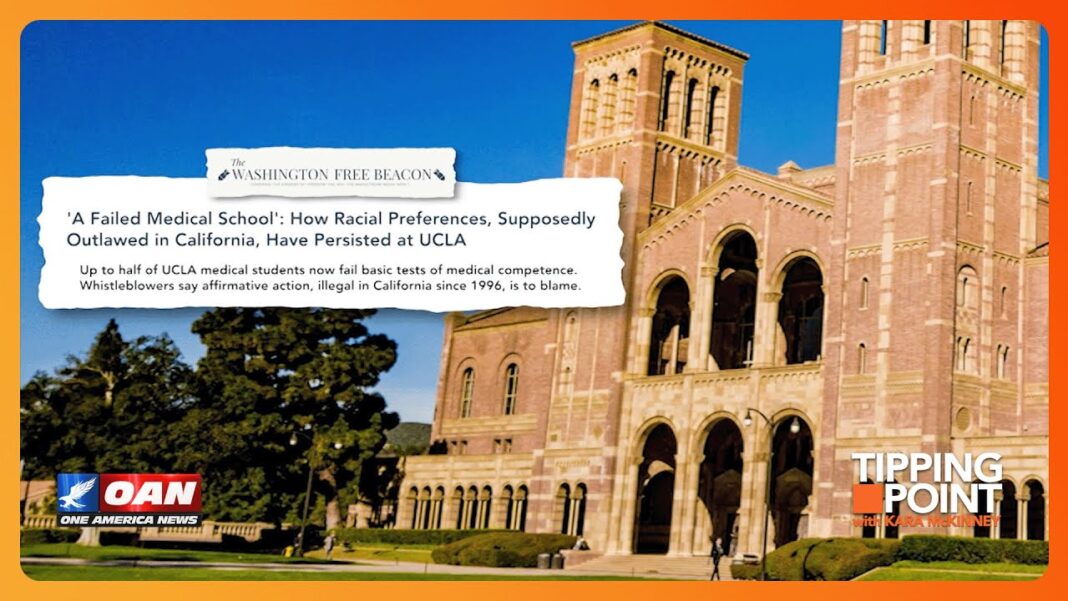Five workers who alleged religious discrimination score win in legal battle.
A lawsuit against the Mayo Clinic must move forward, a federal court has ruled, reviving the suit after it was thrown out in 2023.
The five fired workers who sued the Minnesota-based health nonprofit have all plausibly pleaded that their religious beliefs conflict with the clinic’s COVID-19 vaccine mandate, a panel of the U.S. Court of Appeals for the Eighth Circuit ruled on May 24.
The workers in multiple suits, which have since been consolidated, argued that the Mayo Clinic illegally failed to accommodate their religious beliefs, violating Title VII of the Civil Rights Act. Three of the workers applied for religious exemptions to the nonprofit’s mandate and were denied; the two others saw their applications accepted but protested against the requirement that they had to test for COVID-19 weekly.
U.S. District Judge John Tunheim in 2023 tossed the suit, finding that some of the plaintiffs did not prove that they hold religious beliefs in opposition to the mandate or show how the testing requirement conflicts with their beliefs.
The Eighth Circuit’s new ruling is that the judge’s findings were erroneous.
Federal employment law makes it illegal for employers to fire or otherwise take action against employees over their religion. The three workers whose religious exemption requests were denied, Shelly Kiel, Kenneth Ringhofer, and Anita Miller, all said that their Christian beliefs prevented them from accepting COVID-19 vaccination, in part because they oppose abortion and aborted fetus cells were used in the production or testing of the COVID-19 vaccines.
“The district court erred in finding that the plaintiffs failed to adequately connect their refusal of the vaccine with their religious beliefs,” U.S. Circuit Judge Duane Benton said. “At this early stage, when the complaints are read as a whole and the nonmoving party receives the benefit of reasonable inferences, Kiel, Miller, and Ringhofer adequately identify religious views they believe to conflict with taking the COVID-19 vaccine.”
The two other plaintiffs received religious exemptions but refused to undergo weekly testing. One said it “violates her conscience to take the vaccine or to engage in weekly testing or sign a release of information that gives out her medical information.” Both also plausibly pleaded religious beliefs that conflicted with the testing, the panel found.






